How Sulphate of Potassium (SOP) is a Superior Alternative to Methyl Potassium (MOP)
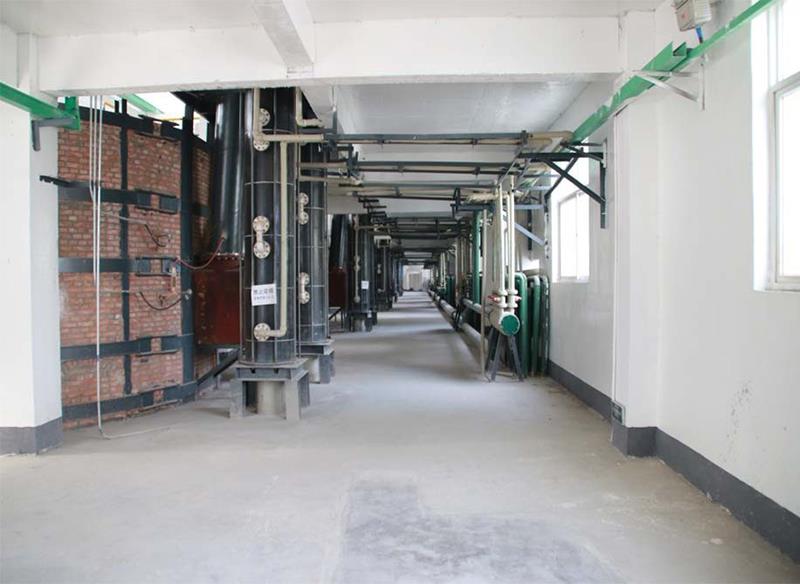
As the world’s population continues to grow and the need for food shortages grows, the potash fertilizer market is growing with it. While Methyl Potassium has traditionally been the primary potassium source for the crop nutrition market, more and more of the market is turning to Sulphate of Potassium (SOP, or K2SO4).
In fact, recent data suggests that the Sulphate of Potassium market could grow at a compound annual growth rate of 5.5% between 2018 and 2025. Here’s why SOP fertilizer production is on the rise.
Sulphate of Potassium: Key Benefits as a Fertilizer
Not only does SOP improve crop quality and yield, it also provides growers with a more customized approach to crop nutrition in several key environments:
When Crops Are Chloride Sensitive
Methyl chloride (KCl), also known as potassium chloride, or MOP, is an excellent potassium source, but the chloride it contains is not suitable for all crops. In fact, many high-value crops are chloride-sensitive and can be harmed by the application of KCl. This is true for many fruits, nuts, and vegetables, so optimizing crop nutrition is a top priority.
In other environments, crops may not be naturally chloride sensitive, but chloride buildup in the soil may cause toxicity if additional chloride is added.
In these environments, potassium sulfate provides growers with a necessary low-chloride, potassium-rich option.
When sulfur is needed
Sulfur deficiencies are becoming more common around the world, requiring growers to supplement their crops with a sulfur source.
When sulfur is needed, potassium sulfate provides an excellent source of plant-available sulfur in addition to potassium.
When soil salinity becomes a problem
In addition to reducing chloride, potassium sulfate has a low salt index and therefore does not contribute to increased soil salinity.
Production methods for potassium sulfate
Potassium sulfate is typically produced using one of the following methods:
KCl is reacted with sulfuric acid to produce SOP, a process also known as the Mannheim process, where potassium chloride is reacted with sulfuric acid to produce SOP.
Once potassium chloride is reacted with sulfuric acid, the resulting potassium bisulfate (KHSO4) reacts with potassium chloride to produce HCl and K2SO4. ¹From here, potassium sulfate is typically processed in a rotary cooler and may undergo further processing to produce a finished product.
While this process has historically been the primary production route, it is actually designed to produce hydrogen chloride (HCl); potassium sulfate is a byproduct, making this a less efficient method of large-scale production.
Production via Complex Salt Processing
Potassium sulfate can also be obtained by treating natural complex salts to remove any unwanted components, leaving only potassium sulfate. This method is becoming more and more common.
In simple terms, this complex process can be summarized in a few steps, including preparing the ore for conversion to leonite, leaching the leonite, and drying the subsequent SOP, but this can vary depending on the specific quality of the salt.
The mineral compound K2Mg2(SO4)3 is one such salt. This compound, called leonite, can be processed to remove the magnesium component, leaving the SOP. Alternatively, it can be used as is in existing formulations to provide potassium, sulfur, and magnesium to crops. Leonite is sometimes also called sulfate of potassium and magnesium, or SOPM.
Conclusion
Potassium sulfate is an essential option in crop nutrition for growers who grow crops that are sensitive to chloride, have sulfur deficiencies, or have soil salinity concerns. Like other fertilizers, potassium sulfate can be processed into a variety of forms, with rounded pellets being considered a premium product. Feasibility testing and process development work are critical to producing marketable potassium sulfate for this new source of potash fertilizer.
Since its inception, LANE has been the fertilizer industry’s preferred supplier of custom granulation equipment, feasibility testing and process development services, and parts and service support. To learn how we can help your SOP fertilizer production line, contact us today!
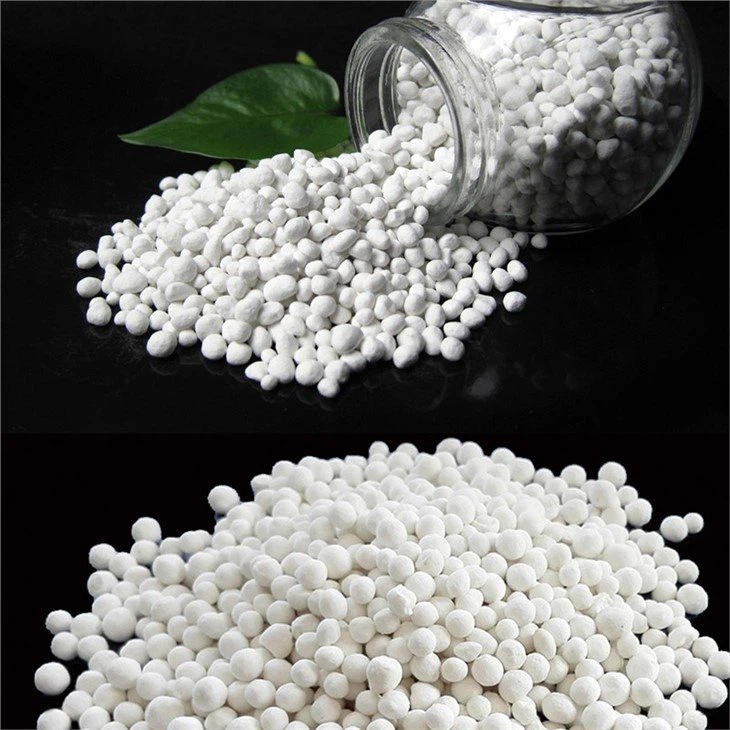

Of course, we also offer other types of products for your different needs, you can click to view.
For more information, please contact us by sending an inquiry today! We can help you!

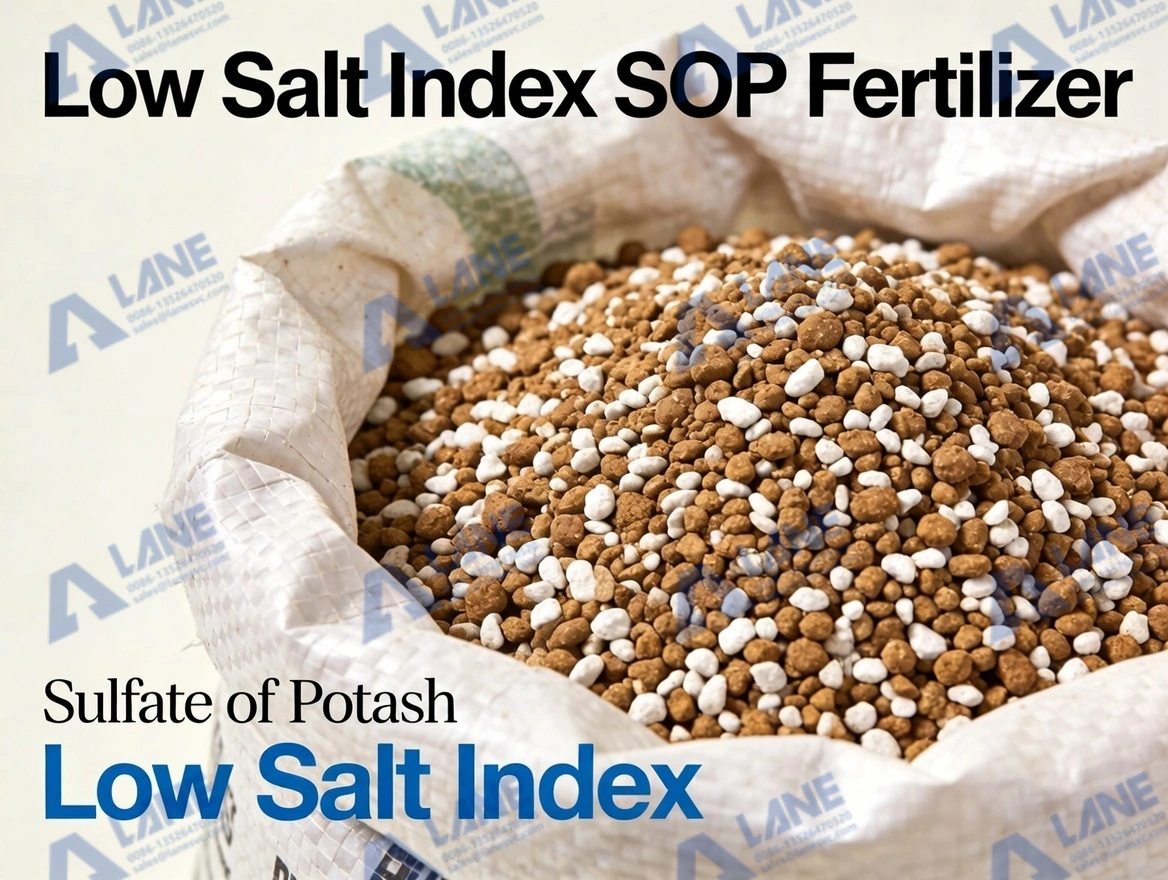
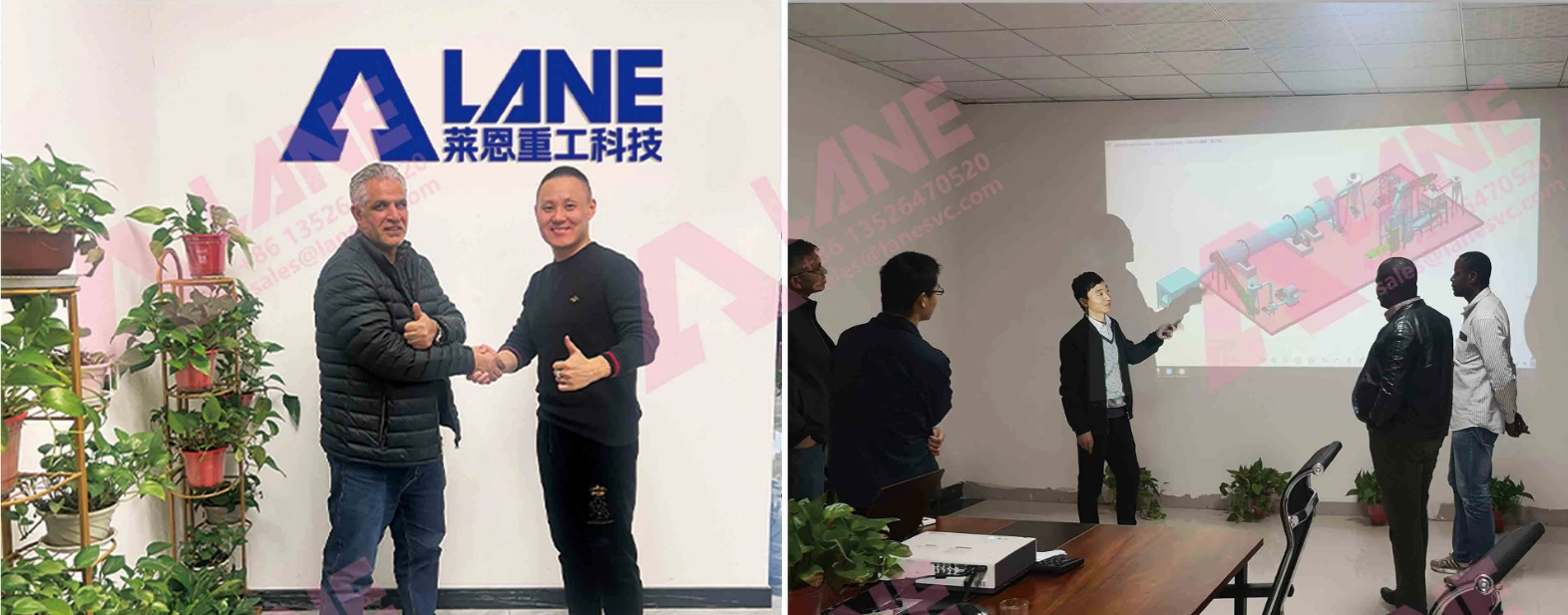
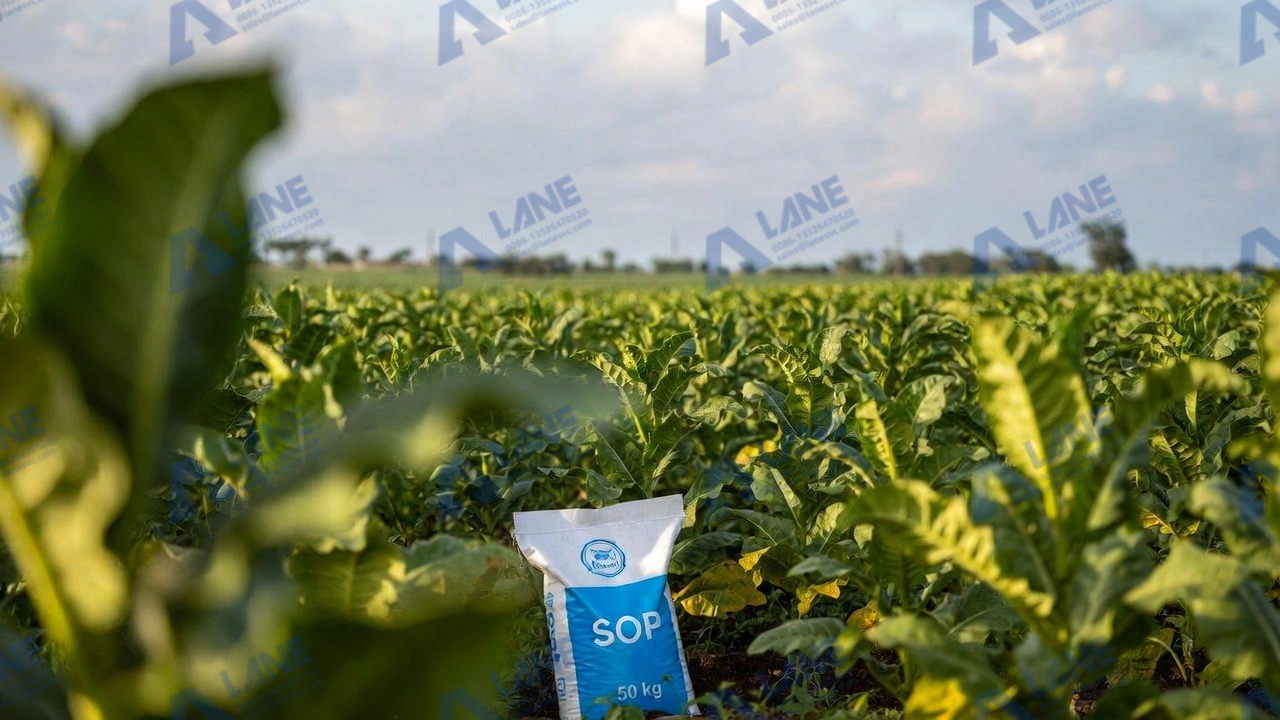
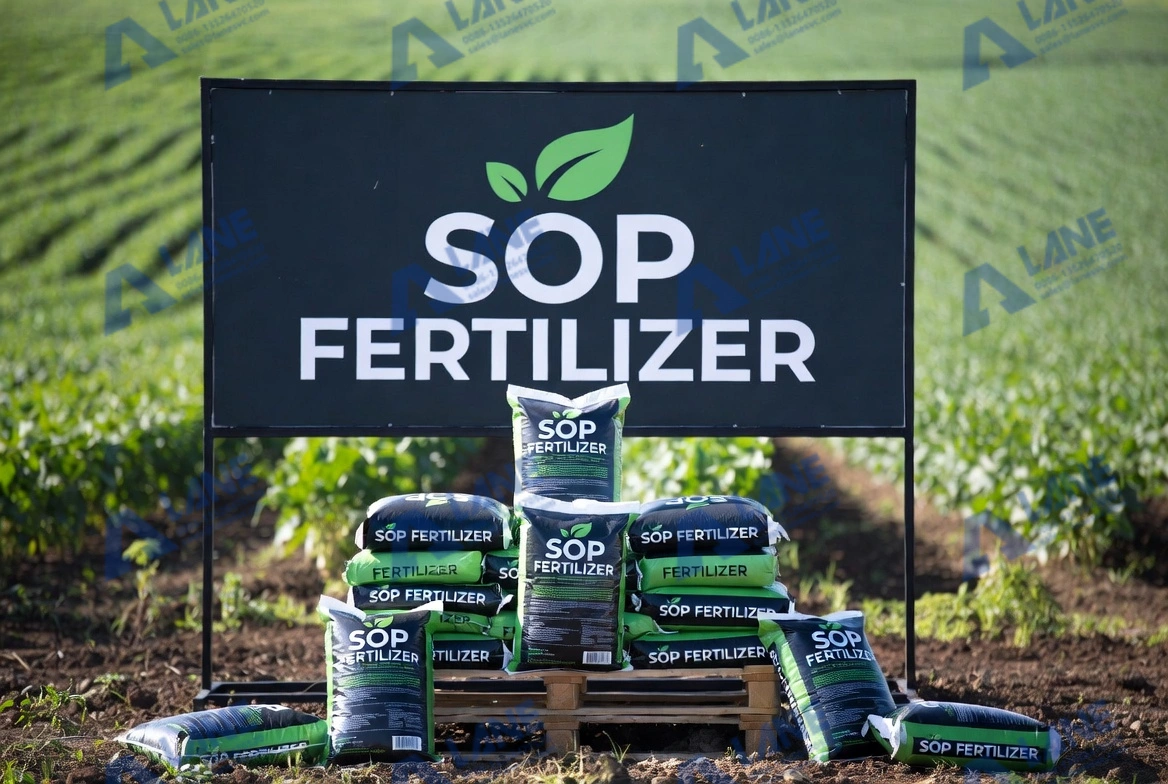
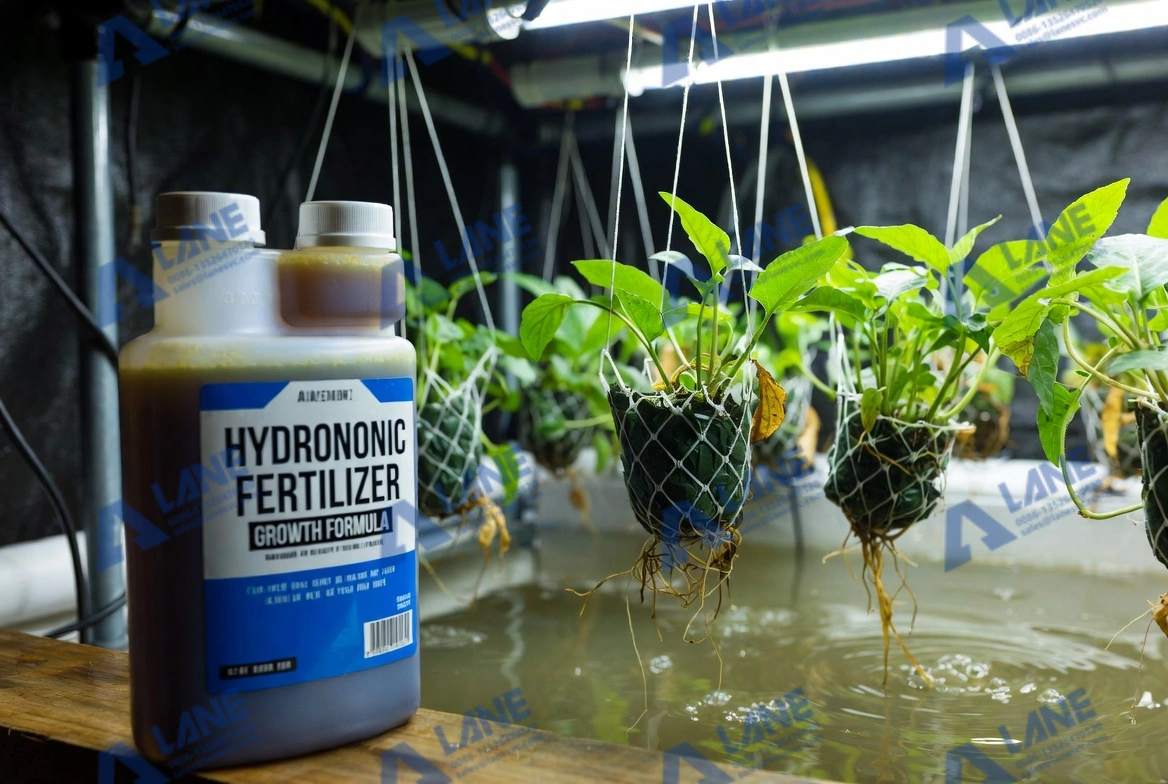
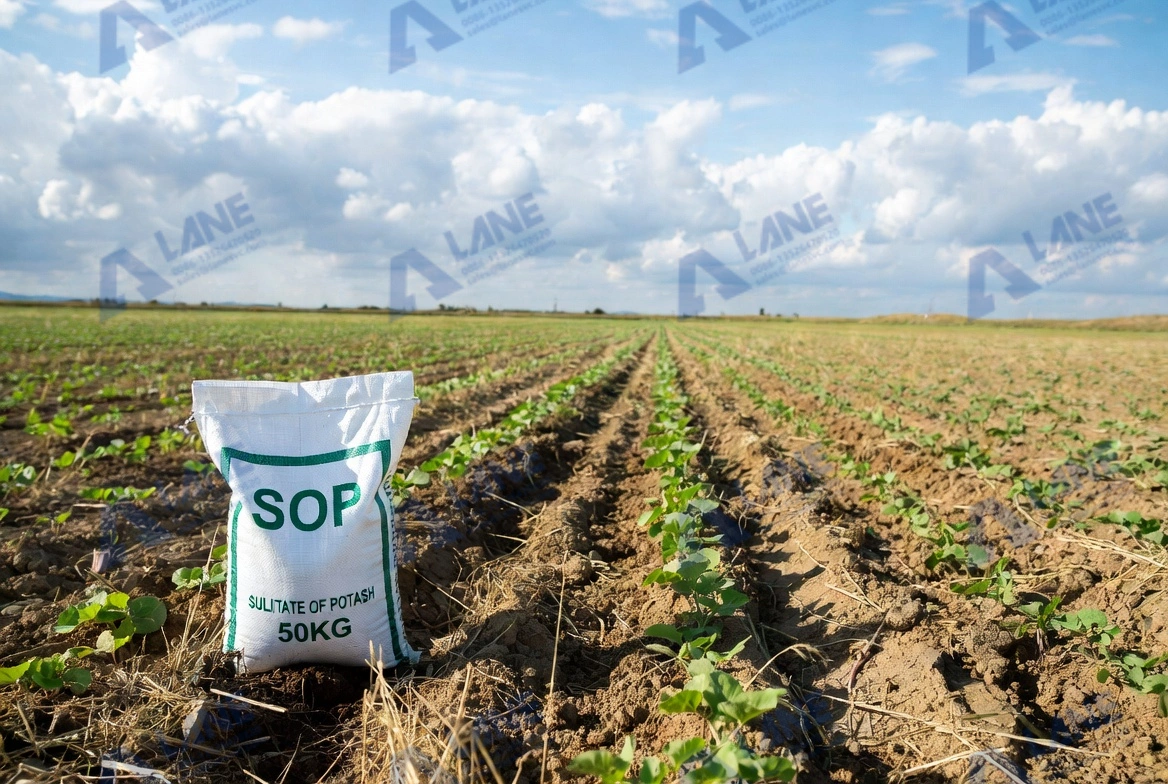
Write a Reply or Comment